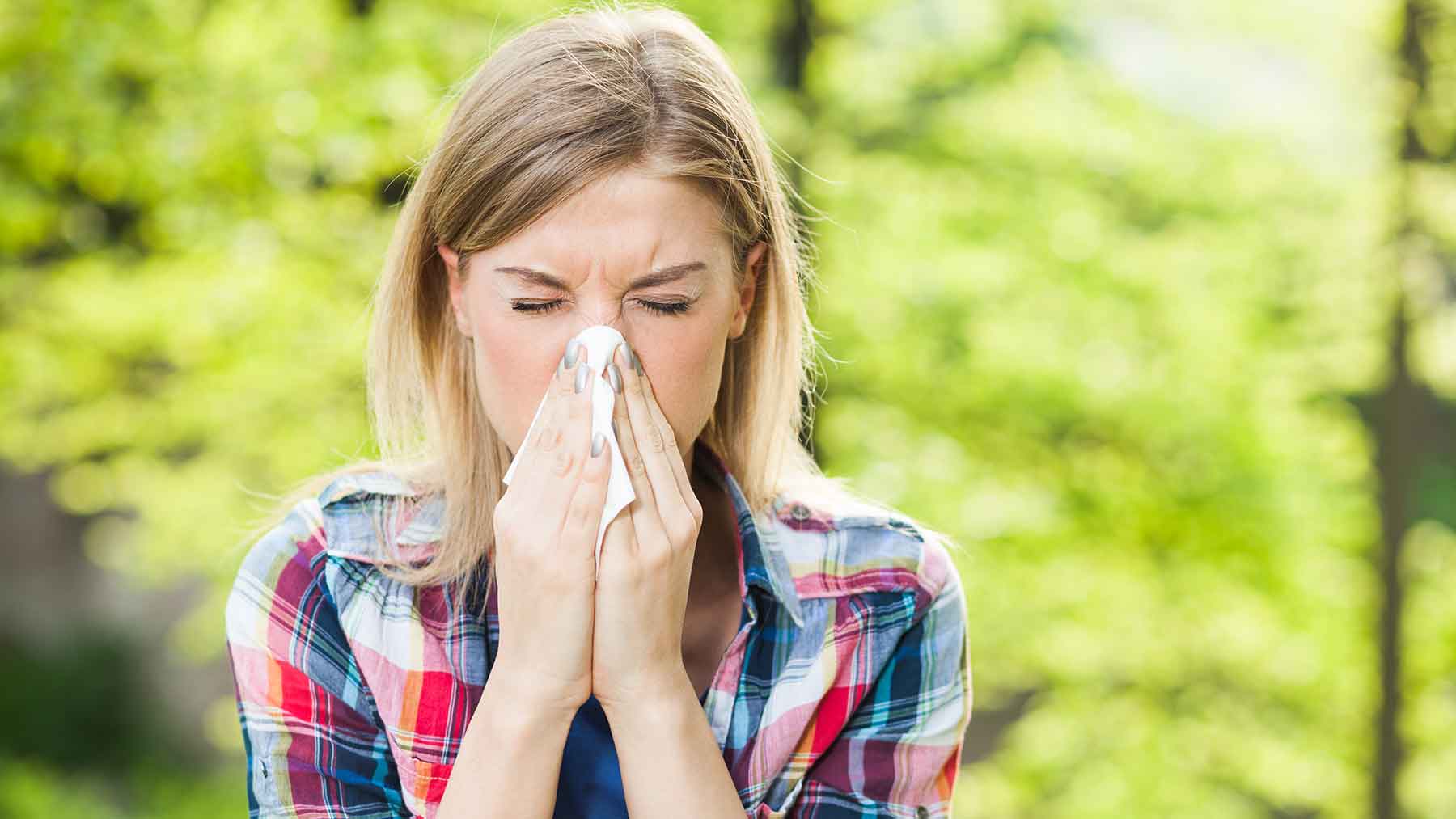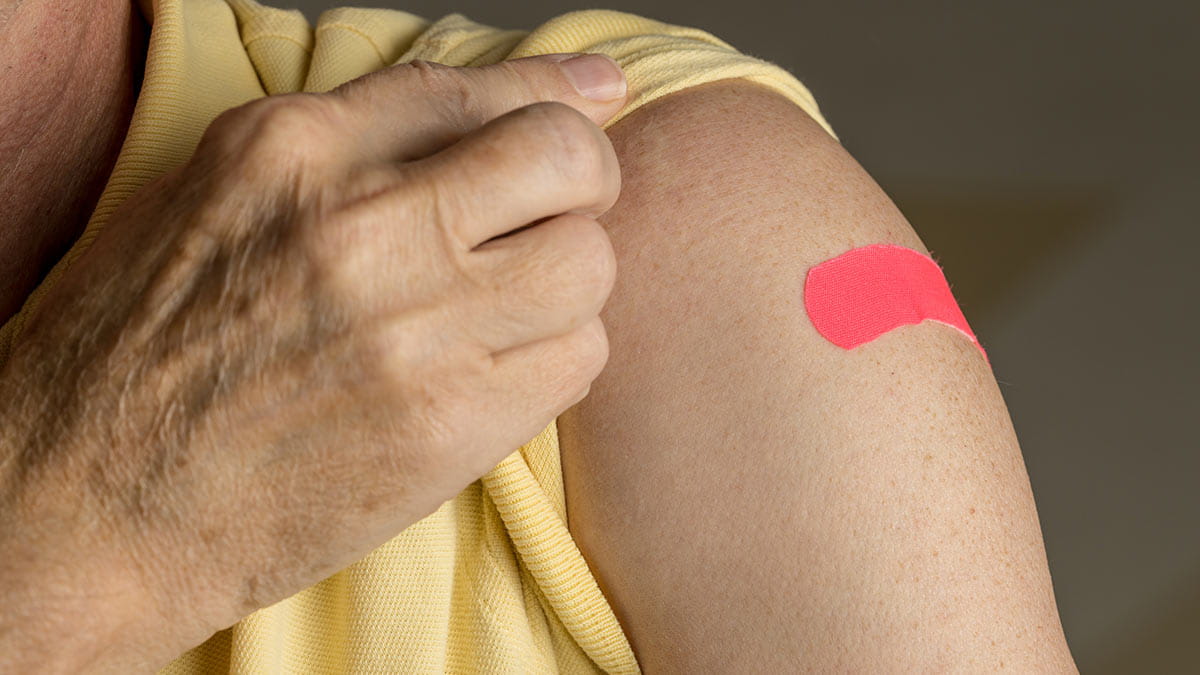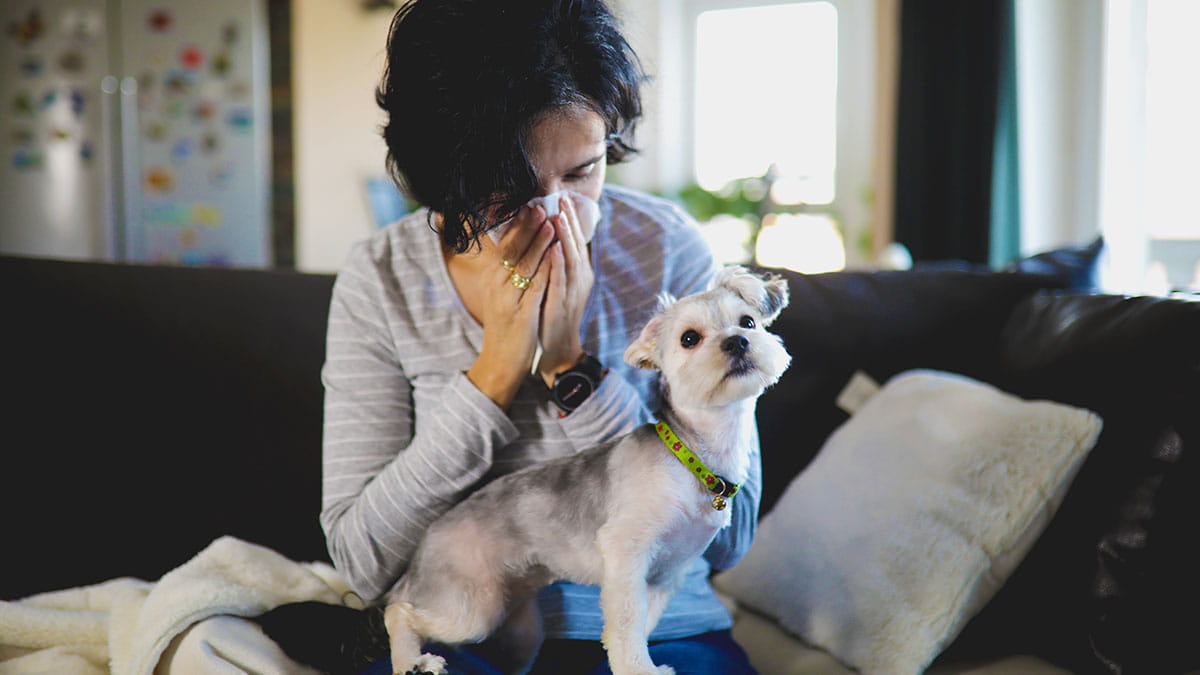The signs of spring are all around us. Trees are starting to bud, grass is turning green and flowers are starting to bloom.
But if you suffer from seasonal allergies, the changing season may mean the misery of a runny nose, itchy eyes, sneezing and more.
Having a game plan in place can help you head off allergy symptoms before they start. Consider these five tips for a more manageable allergy season.
1. Start taking your allergy medication before symptoms start
A couple of weeks before the beginning of pollen season, we recommend patients start taking their doctor recommended allergy medications to fend off the allergens before they start causing a lot of symptoms. Taking medication early can prevent your immune system from releasing a chemical called histamine into your system. Histamine is what causes the inflammation that leads to the nasal congestion, sneezing and itchy eyes. It can be challenging to stop the histamine response once it starts, so it’s helpful to keep it from happening.
2. Watch the pollen count
Start paying attention to the pollen count daily – it’s highest in the morning between 5 and 10. On higher pollen count days, try to limit your exposure. Keep the windows up while in your car and at home, and run the air conditioning instead. If you have to be outside, wearing sunglasses can help if you’re someone who gets itchy, watery eyes.
Keep in mind that on a nice day, allergens can blow from up to 100 miles away. It’s not necessarily the pollen in your backyard or the park near your home that’s causing your allergic response. Making major landscape changes may not impact the pollen count near your home.
3. Don’t bring pollen inside with you
We often transfer pollen by touching things and then touching our eyes or nose. Once you’re in for the day, take a shower, change your clothes and wash your hair. If you’re in a pinch for time, at least wash your hands and face to remove pollen. You don’t want to go to bed with pollen on your body.
A daily nasal saline rinse is a natural therapy that could be really helpful for people trying to flush out the allergens.
4. Change those filters regularly
While most of the pollen is outdoors, changing the filters in your heating and cooling system regularly is helpful. Make sure you get the thicker allergy filters. If you’re really sensitive to allergens, run an air purifier with a HEPA filter in your bedroom.
5. Talk to your doctor about immunotherapy
Immunotherapy involves giving you the allergen that you’re allergic to in small amounts over time to try to slowly desensitize or retrain the immune system not to react to it. We do immunotherapy with allergy shots, which are the most effective, or with sublingual immunotherapy, which involves placing tablets or drops under the tongue. Sublingual immunotherapy might be a good option for people who can’t tolerate shots.
It takes three to five years to change how the immune system sees that allergen, but once immunotherapy is complete, you might not need as much allergy medicine or any allergy medicine at all.
Explore your allergy management options
Allergists try to avoid a one-size-fits-all model when it comes to allergy treatment. We want to look at the person, find out what they’re allergic to, see what their exposures are, look at their lifestyle and then figure out a customized treatment plan. It’s going to be different for every patient.
Remember, you don’t have to suffer through allergies. Get checked out because there are so many things we can do that can be helpful.
Dr. Kara Wada is an allergist and immunologist at The Ohio State University Wexner Medical Center.





